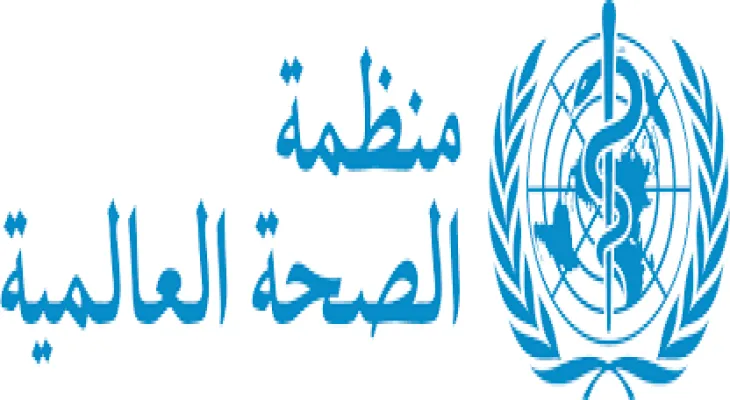Search here
Newspaper
Search here

Arab Canada News
News

Published: May 27, 2022
The World Health Organization said that nearly 200 cases of monkeypox have been reported in more than 20 countries where the disease is not usually known to have unusual outbreaks, but it described the epidemic as "containable" and suggested creating a stockpile to share vaccines fairly.
And the available medications worldwide During a public briefing on Friday, the UN health agency said there are still many unanswered questions about how the current outbreak emerged, but there is no evidence that any genetic changes in the virus are responsible for the unprecedented epidemic.
Dr. "Sylvie Briand," WHO's director of epidemics, said: "The initial sequencing of the virus shows that the strain does not differ from the strains that we can find in infected countries, and this may be due to a change in human behavior."
Earlier this week, the WHO's chief adviser said the outbreak in Europe, the United States, Israel, Australia, and beyond was likely linked to sex at two recent parties in Spain and Belgium.
This represents a significant departure from the usual pattern of disease spread in Central and West Africa, where people are mainly infected by animals such as wild rodents, and the outbreak has not spread across borders.
Spanish authorities said on Friday that the number of cases there has risen to 98, including one woman, whose infection is "directly" linked to a transmission chain that was previously limited to men, according to officials in the Madrid region.
Doctors in Britain, Spain, Portugal, Canada, the United States, and elsewhere have noted that the majority of infections so far have been in gay and bisexual men.
The disease is unlikely to infect people due to their sexual orientation, and scientists warn that the virus can infect others if its transmission is not curbed.
Briand from the WHO said that based on how outbreaks have evolved in Africa, the current situation appears to be "containable." However, she said the WHO expects more cases to be reported in the future.
As countries including Britain, Germany, Canada, and the United States begin assessing how to use smallpox vaccines to limit the outbreak, the WHO said its expert group is evaluating the evidence and will issue guidance soon.
Dr. Rosamund Lewis, head of the smallpox department at the WHO, said there is "no need for mass vaccination," explaining that monkeypox does not spread easily and usually requires skin-to-skin contact to transmit.
No vaccines specifically targeting monkeypox have been developed, but the WHO estimates that smallpox vaccines are 85% effective. It said countries with vaccine supplies may consider them for those at high risk of infection, such as contacts of patients or healthcare workers, but monkeypox can mostly be controlled by isolating contacts and continuing epidemiological investigations.
Due to the limited global supply of smallpox vaccines, WHO's emergency chief Dr. Mike Ryan said the agency will work with member states to develop a centrally controlled stockpile, similar to those it has helped distribute during outbreaks of yellow fever, meningitis, and cholera in countries that cannot afford them.
Ryan said: "We are talking about providing vaccines for a targeted vaccination campaign and targeted treatments." "So the quantities do not necessarily have to be large, but every country may need to have a small amount of the vaccine."
Most monkeypox patients suffer from fever, body aches, chills, and fatigue. Those with more severe disease may develop a rash and lesions on the face and hands that can spread to other parts of the body.
Comments